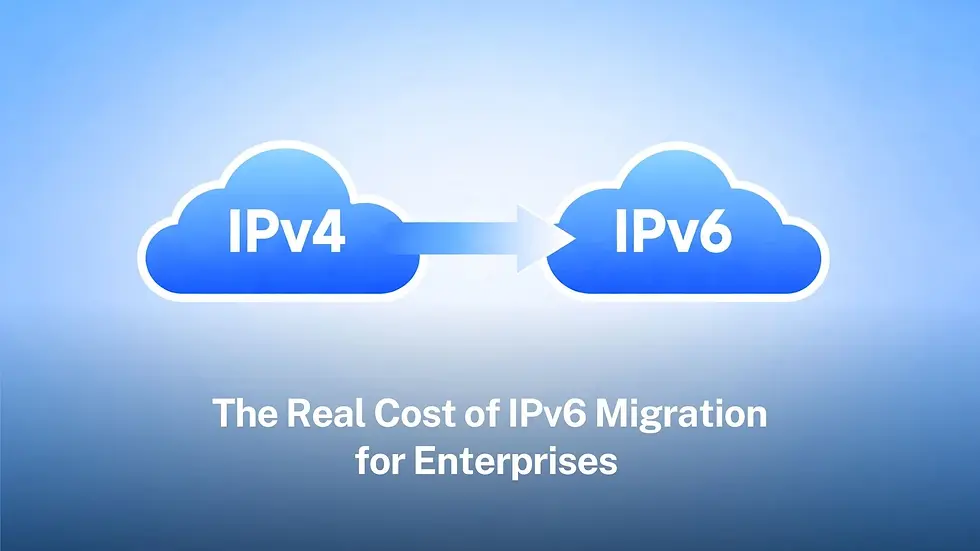What is ICANN or RIR
- LARUS Foundation

- Nov 23, 2023
- 2 min read
Updated: Dec 12, 2023
The Internet, often hailed as the global village, relies on intricate systems and organizations to ensure its smooth operation. Among these, ICANN (Internet Corporation for Assigned Names and Numbers) and RIRs (Regional Internet Registries) play pivotal roles in shaping and managing the vast landscape of the online world.
In this article, we'll delve into what ICANN and RIRs are and explore their essential functions in the realm of Internet governance.
1.0 ICANN: Internet Corporation for Assigned Names and Numbers
ICANN was established in 1998 with the goal of transitioning the management of these identifiers from the U.S. government to a multi-stakeholder model that includes participants from around the world.
But what does ICANN do? ICANN functions as a non-profit organization responsible for the global coordination of the internet's unique identifiers, such as domain names and IP addresses. By overseeing the allocation and assignment of domain names, ICANN ensures that they are unique and globally accessible.
Another one of ICANN's primary functions is the management of the Domain Name System (DNS). The DNS (Domain Name System) is the backbone of the Internet's addressing system, translating human-readable domain names into numerical IP addresses that computers use to identify each other. Here's an example of what DNS: it translates domain names (example.com) into machine-readable IP addresses (192.0.2.1).
ICANN is also primarily responsible for managing the Top-Level Domains (TLDs), such as .com, .org, and country-code TLDs like .uk or .jp. Through a comprehensive domain registration process, ICANN ensures the uniqueness and integrity of domain names, fostering a coherent and accessible Internet addressing system.
2.0 RIRs: Regional Internet Registries
An RIR is a governing body that is responsible for the administration of Internet addresses in a specific geographic region. RIRs are independent and just like ICANN, are non-profit organizations responsible for the allocation and registration of IP addresses within specific regions of the world.
There are five RIRs globally, each serving a different geographic region: ARIN (North America), RIPE NCC (Europe, Central Asia, Middle East), APNIC (Asia-Pacific), LACNIC (Latin America and the Caribbean), and AFRINIC (Africa).
RIRs are crucial entities responsible for the fair and equitable distribution of IP addresses, which are essential for identifying and locating devices on the Internet. These addresses are allocated to Internet Service Providers (ISPs) and organizations, facilitating communication between devices across the globe.
The Internet infrastructure relies on RIRs to manage the exhaustion of IPv4 addresses and the transition to IPv6, a newer and more extensive address space. Through stringent IP addressing policies, RIRs play a crucial role in preventing address exhaustion and ensuring the continued growth of the Internet.
3.0 Internet Governance: What Roles Do ICANN and RIRs Play?
Internet governance encompasses the principles and policies that dictate how the Internet operates. It involves a delicate balance between multiple stakeholders, including governments, private sector entities, civil society, and the technical community.
ICANN plays a pivotal role in global internet coordination by focusing on domain name management and the DNS, while RIRs oversee the allocation and registration of IP addresses. Through their collaborative efforts, these organizations contribute to the global coordination and stability of the internet, ensuring that it continues to serve as a vital platform for communication, innovation, and growth.
.png)



Comments